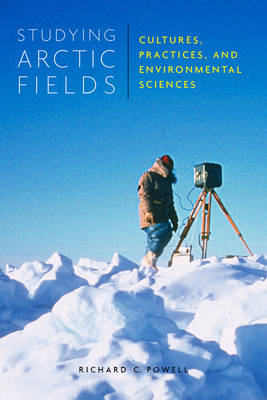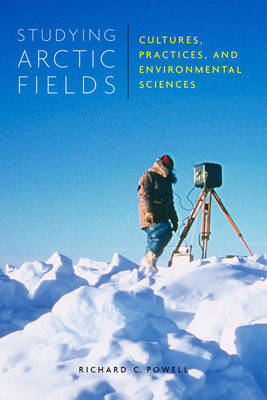
- Retrait gratuit dans votre magasin Club
- 7.000.000 titres dans notre catalogue
- Payer en toute sécurité
- Toujours un magasin près de chez vous
- Retrait gratuit dans votre magasin Club
- 7.000.0000 titres dans notre catalogue
- Payer en toute sécurité
- Toujours un magasin près de chez vous
206,95 €
+ 413 points
Format
Description
In recent years the circumpolar region has emerged as the key to understanding global climate change. The plight of the polar bear, resource extraction debates, indigenous self-determination, and competing definitions of sovereignty among Arctic nation-states have brought the northernmost part of the planet to the forefront of public consideration. Yet little is reported about the social world of environmental scientists in the Arctic. What happens at the isolated sites where experts seek to answer the most pressing questions facing the future of humanity? Portraying the social lives of scientists at Resolute in Nunavut and their interactions with logistical staff and Inuit, Richard Powell demonstrates that the scientific community is structured along power differentials in response to gender, class, and race. To explain these social dynamics the author examines the history and vision of the Government of Canada's Polar Continental Shelf Program and John Diefenbaker's "Northern Vision," combining ethnography with wider discourses on nationalism, identity, and the postwar evolution of scientific sovereignty in the high Arctic. By revealing an expanded understanding of the scientific life as it relates to politics, history, and cultures, Studying Arctic Fields articulates a new theory of field research. Advocating for a greater appreciation of science in the remote parts of the world, Studying Arctic Fields is an innovative approach to anthropology, environmental inquiry, and geography, and a landmark statement on Arctic science as a social practice.
Spécifications
Parties prenantes
- Auteur(s) :
- Editeur:
Contenu
- Nombre de pages :
- 264
- Langue:
- Anglais
- Collection :
Caractéristiques
- EAN:
- 9780773551121
- Date de parution :
- 12-12-17
- Format:
- Livre relié
- Format numérique:
- Genaaid
- Dimensions :
- 155 mm x 231 mm
- Poids :
- 657 g

Les avis
Nous publions uniquement les avis qui respectent les conditions requises. Consultez nos conditions pour les avis.






